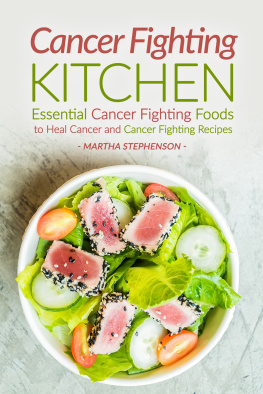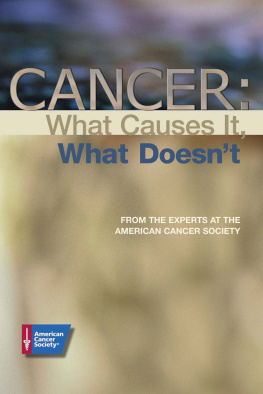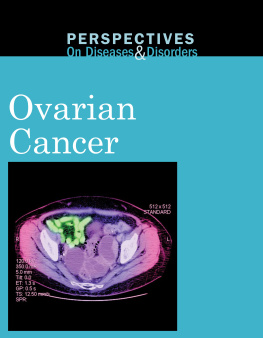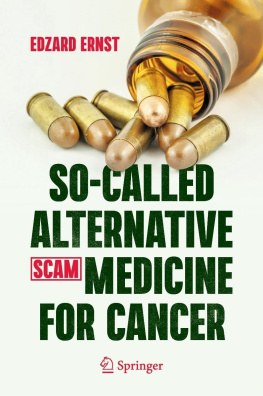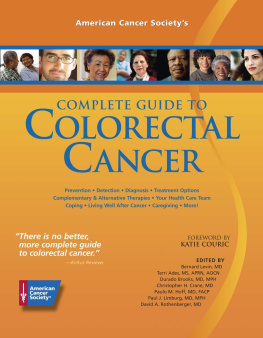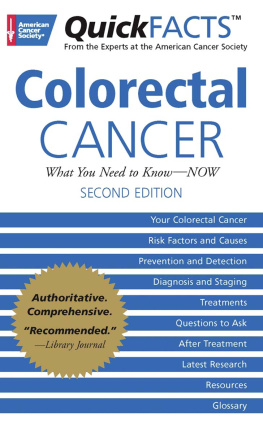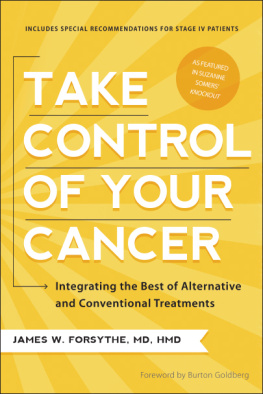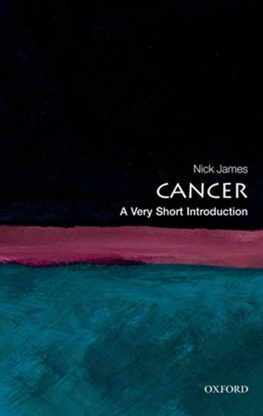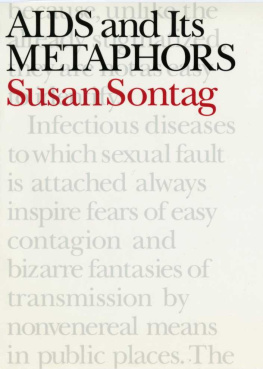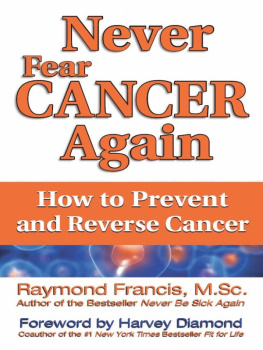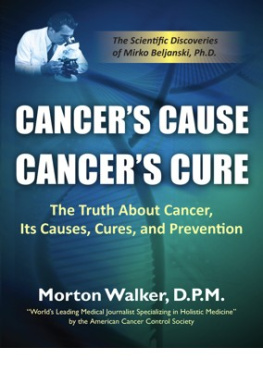
TERATOLOGIES
Stories of cancer are full of monsters and marvels: the monstrousness of the disease and the treatments, the marvels of the cures and the saved lives. Still one of the most dreaded diseases to haunt our imaginations, cancer is more than an illness it is a cultural phenomenon. People who have cancer are bombarded with competing explanations of their conditions: it is genetically inherited; it is environmentally produced; it is the result of their personality. Teratologies: A cultural study of cancer investigates how this disease is perceived, experienced and theorised in contemporary society. It explores changing beliefs about the causes of, and the cures for, cancer in both biomedicine and its increasingly popular alternative counterparts.
Analysing conventional and alternative medical accounts, self-help manuals and patients personal stories, Jackie Stacey takes a critical look at the place of heroes, metaphors, the self and the body in these competing bids to produce the authoritative definition of the meaning of cancer today. Interspersed with these detailed textual investigations are discussions of broader issues such as the feminist debates about the history of science, the place of consumer culture in health practices and the status of patients and of health professionals in postmodern society.
Combining autobiographical narratives with contemporary theoretical debates, the author carves out a specifically feminist analysis of the cultural dimensions of cancer. She brings accounts of her own illness under the critical lens of academic scrutiny and situates these personal stories within a discussion of contemporary cultural change.
Jackie Stacey is Senior Lecturer in Womens Studies and Cultural Studies in the Department of Sociology at Lancaster University.
TERATOLOGIES
A cultural study of cancer
Jackie Stacey
First published 1997
by Routledge
Published 2013 by Routledge
2 Park Square, Milton Park, Abingdon, Oxon OX14 4RN
Simultaneously published in the USA and Canada
by Routledge
711 Third Avenue, New York, NY, 10017, USA
Routledge is an imprint of the Taylor & Francis Group, an informa business
1997 Jackie Stacey
All rights reserved. No part of this book may be reprinted or reproduced or utilised in any form or by any electronic, mechanical, or other means, now known or hereafter invented, including photocopying and recording, or in any information storage or retrieval system, without permission in writing from the publishers.
British Library Cataloguing in Publication Data
A catalogue record for this book is available from the British Library
Library of Congress Cataloguing in Publication Data
Stacey, Jackie.
Teratologies: a cultural study of cancer / by Jackie Stacey.
Includes bibliographical references and index.
1. Cancer Social aspects. 2. Medical literature.
I. Title.
RC262.S79 1997
362.196994 dc21 96-37055
CIP
ISBN 13: 978-0-415-14959-4 (hbk)
ISBN 13: 978-0-415-14960-0 (pbk)
For Dr H.
teratologies
teras(med.) n. a monstrosity:
teratogeny,n. the production of monsters:
teratology,n. the study of malformations or abnormal growths, animal or vegetable; a tale of marvels:
teratoma, a tumour, containing tissue from all three germ layers: [Gr. teras, -atos, a monster.]
(Chambers Dictionary, 1973)
CONTENTS
Ovarian tumour from the Schiller collection described as a mesonephroma
Yolk sac tumour of the ovary
Typical perivascular formation, endodermal sinus or Schiller-Duval body, present within yolk sac tumour
Yolk sac tumour showing endodermal sinus pattern
Cindy Sherman, 1989, Untitled no. 187
Mature cystic teratoma of the ovary
Struma ovarii
Sharing the Knowledge Medical Teaching Catalogue
Sharing the Knowledge Medical Teaching Catalogue
A mind/body model of cancer development
Personal photograph (July 1991)
Personal photograph (April 1992)
A fanciful model of the circuitry in cell signalling
A metaphor for cell signalling
Natures Sunshine Products leaflet
Natures Sunshine Products leaflet
Natures Sunshine Products leaflet
The patients perspective, Jo Spence, 1982
Monster, Jo Spence and Dr Tim Sheard, 1989
Acupuncture treatment, Maggie Murray, 1984
Plates courtesy of:
Munksgaard Publishers, Copenhagen, Denmark ().
Expressing my appreciation for support with writing a book that crosses the boundaries between the personal and the academic, the autobiographical and the theoretical is a particularly difficult task. It would be impossible to mention everyone who has helped me through the illness and with the writing of the book, and yet in many cases the two are inseparable.
I would like to thank Lancaster University for its generous institutional support during my illness (and especially John Urry and Nicholas Abercrombie for facilitating this), and colleagues in the Department of Sociology and in Womens Studies for all their hard work covering for me during this period, most importantly Sarah Franklin, Celia Lury and Lynne Pearce. I am also grateful to the Department, and to the University, for granting me a sabbatical in 1993 that enabled me to carry out the research for this book and to begin drafting some of the main ideas in it.
Earlier versions of some of the chapters were given as papers at the Identity and Cultural Change seminar and the Sociology Departmental seminar at Lancaster University in 1993/4 and at the Womens Studies seminar and the Lesbian and Gay Studies Annual Conference, Queer Bodies, at the University of Warwick in 1995. I am grateful for many fruitful and informative discussions with colleagues at these events. The international conference, Encounters with Cancer, at Rosendal in Norway in 1996, offered a unique opportunity to consider my own work in relation to that of other academics writing about experiences of cancer. Meeting Arthur Frank and reading his work at this event had an important, if rather belated, impact on my thinking in this area. I have appreciated his generous assistance with my project and hope to engage further with his work in future publications.
The Centre for the Study of Women and Gender at the University of Warwick offered me considerable support during the redrafting of parts of this book in 1994/5 and I am grateful to colleagues there and elsewhere in the University for discussions of ideas and arguments in , and Adrian Heathfield for suggesting ways to approach the subject of the interface between writing and mortality which helped shape the final chapter.
I would also like to thank the following people for reading and commenting on earlier drafts of some of the chapters of Teratologies and/or for pointing me in the right direction at the early stages of the research: Anne Butterfield, Tom Cahill, Erica Carter, Claudia Castaeda, Rowena Clayton, Robin Grove-White, Keith Harvey, Sylvia Harvey, Flis Henwood, Annette Kuhn, Mark Levins, Phil Macnaghten, Maureen McNeil, Hazel Platzer, Andrew Quick, Gillian Rose, Bron Szerszynski, Mo White and Sue Wiseman. Two anonymous readers also gave me extremely constructive guidance at the final stages of rewriting, as did Mari Shullaw from Routledge whose editorial engagement with the project has stretched beyond the call of duty. I am grateful to her and to John Urry, the Series Editor of the International Library of Sociology, for their confidence in the sociological pertinence of this kind of research. My thanks also go to Wendy Langford for all her hard work on the bibliography.


